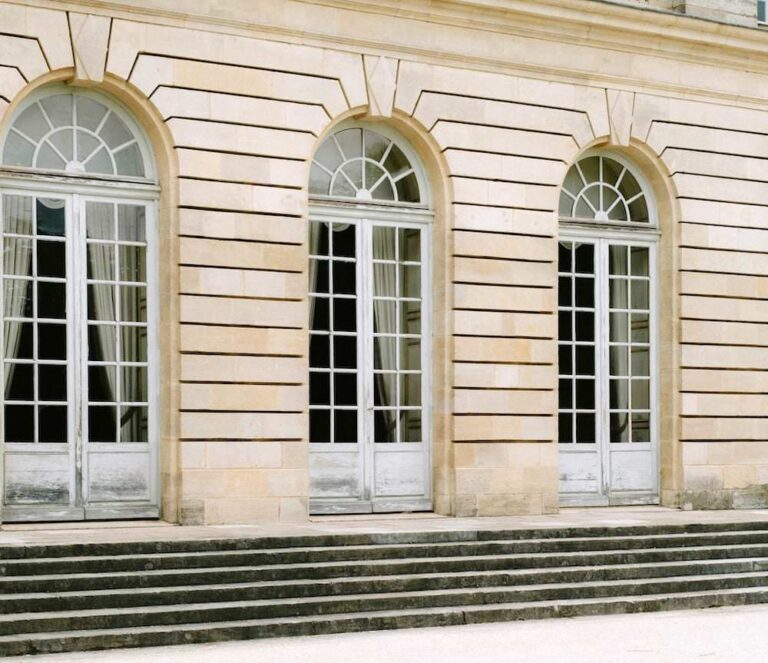Vous verbs ending in -tes
In French, most verbs in the present tense conjugate with -ez in the vous form, such as vous parlez or vous finissez. However, there is a small group of irregular verbs where the vous form ends in -tes instead. These verbs do not follow regular patterns and must be memorised individually.
Here are the main French verbs whose vous form ends in -tes in the present tense.
Être → vous êtes
The verb être (to be) is highly irregular. Its vous form is vous êtes.
Examples:
- Vous êtes gentil.
You are kind. - Vous êtes prêts ?
Are you ready? - Vous êtes en retard.
You are late.
Faire → vous faites
The verb faire (to do, to make) is irregular. Its vous form is vous faites.
Examples:
- Vous faites un gâteau ?
Are you making a cake? - Vous faites du sport tous les jours.
You play sports every day. - Vous faites toujours vos devoirs ?
Do you always do your homework?
Dire → vous dites
The verb dire (to say, to tell) is irregular. Its vous form is vous dites.
Examples:
- Vous dites la vérité ?
Are you telling the truth? - Qu’est-ce que vous dites ?
What are you saying? - Vous dites toujours la même chose.
You always say the same thing.
BUT Écrire → vous écrivez (not -tes)
Note that écrire (to write) is sometimes confused with dire, but its vous form is vous écrivez, ending in -ez, not -tes. It is not part of this group.
Other verbs ending in -tes
Some other rare or derived verbs also have -tes endings in the vous form. These usually come from verbs based on faire or dire.
For example:
- Vous contrefaites (from contrefaire, to counterfeit or mimic)
- Vous défaites (from défaire, to undo)
- Vous satisfaites (from satisfaire, to satisfy)
- Vous interdîtes (past historic of interdire, literary)
These forms are rare and mostly appear in formal, written, or literary contexts.
Examples:
- Vous défaites toujours votre valise en arrivant.
You always unpack your suitcase upon arrival. - Vous contrefaites sa signature.
You are forging his signature. - Vous satisfaites toutes les conditions.
You meet all the conditions.
Most of these verbs follow the same irregular model as faire or dire, and their vous forms preserve the -tes ending accordingly.






